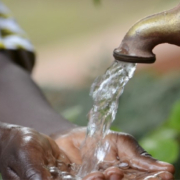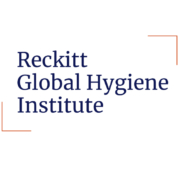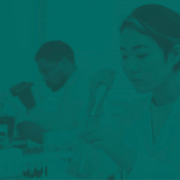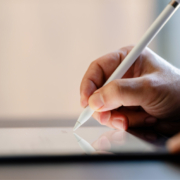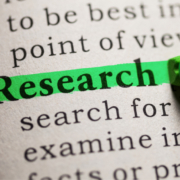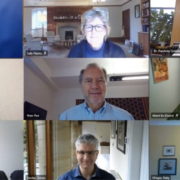Case study: Giorgia Gon

How can culture be leveraged to promote improved hygiene practices? That’s the question Giorgia Gon, Assistant Professor of epidemiology at the London School of Hygiene and Tropical Medicine, plans to answer over the next three years.
As one of the first Reckitt fellows she’ll be financially supported, along with four other researchers, as she investigates social norms — a key mechanism through which culture persists — and how they can change shift hygiene behaviours. This fellowship aims to support the next generation of evidence at the intersection of health and hygiene and is run by the Reckitt Global Hygiene Institute.
“Something that strikes me a lot is how much culture plays a role with what hygiene behaviours we perform, including how frequently [we perform them],” Gon said, adding that COVID-19 has further spotlighted the differences in hygiene practices and how they can be influenced.
“With the pandemic, we now have hardcore proof about how norms around hygiene can change in a favorable way, just thinking of how we now “shake elbows” rather than hands when greeting,” she said.
Here, Gon outlines how she hopes her research will influence the hygiene space and why she’s dedicated her career thus far to the topic.
How did you get into the field of hygiene?
I got my first job at the LSHTM with Professor Wendy Graham and The Soapbox Collaborative. At the time, I was really passionate about maternal health and how to improve quality of care during birth. It’s one of the most essential things; to make sure that the birth is hygenic. It’s a fundamental right; and I wonder if it is an evolutionary urge. For example, in Fraser Island in Australia there was a community – it doesn’t exist anymore – where it was tradition to give birth in a very shallow, warm river.
I first joined LSHTM to do a project in Zanzibar through WaterAid where we were trying to improve hygiene in maternity wards across two islands. I started with a needs assessment of hygiene across 37 maternity wards. I followed up doing my PhD on hygiene at the time of birth, and we also worked with cleaners in that context. Quite a few projects stemmed out of that.
I also think it’s one of those things that’s intrinsically non-controversial. People share the fundamental need for accessing water and performing hygiene behaviours.
How do you hope your research will be used?
Like for any other aspect of research, I am aware this is just a brick in the wall. The great thing about scientific research is that you do a little piece of research and, together with other pieces of research, they come together to form something truly innovative.
I hope that [my research is] innovative enough to understand why some communities shift norms around hygiene and why some communities don’t. What are the traits or characteristics of communities that allow you to be more prone to change compared to others? I hope my fellowship will be the brick in the wall that helps other research around hygiene and culture to be consolidated.
In terms of your own motivation, is there something in particular that propels you to keep working and studying this field?
It’s going back to this idea that it’s such a basic human right and that it’s linked to human dignity. We do have the resources, and we do have, to some extent, the knowledge, so I try and work on the other missing pieces to ensure interventions can be scaled up successfully with the ultimate aim that everyone should have the chance to perform the hygiene behaviours they wish.
Is there an innovation within the hygiene space that you particularly praise or wish you’d been responsible for?
Water purification and all the amazing innovations about how to collect water and how not to waste it. For example, in Oman water is collected at night, exploiting humidity, through nets. These innovative solutions around water scarcity will be more and more important as we go on because, unfortunately, with changing climate, we’ll have to deal with more issues around water scarcity.


